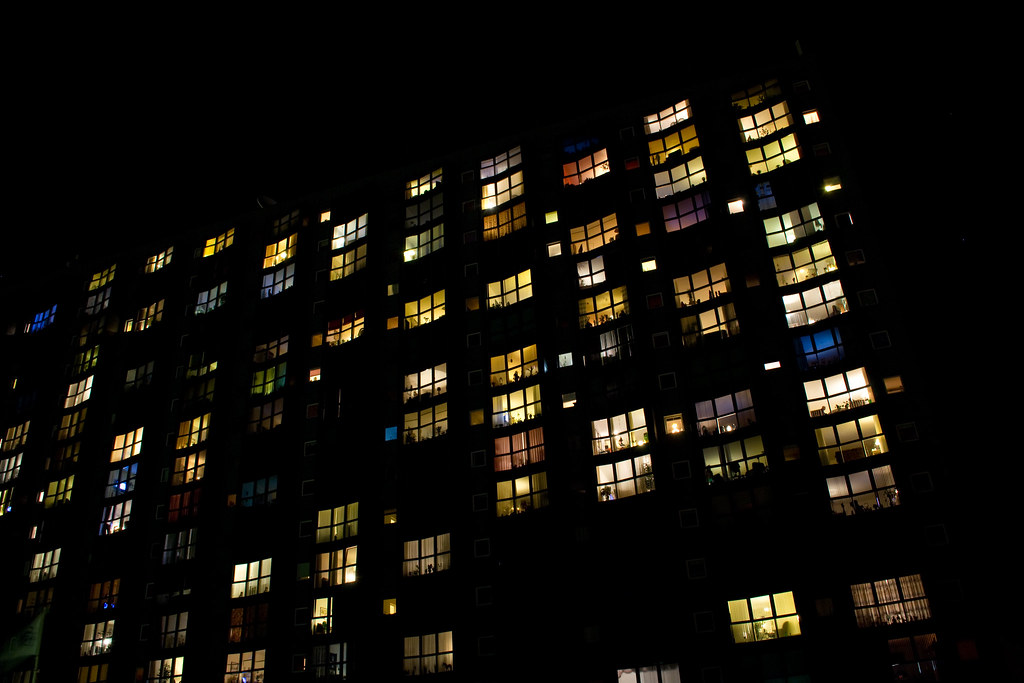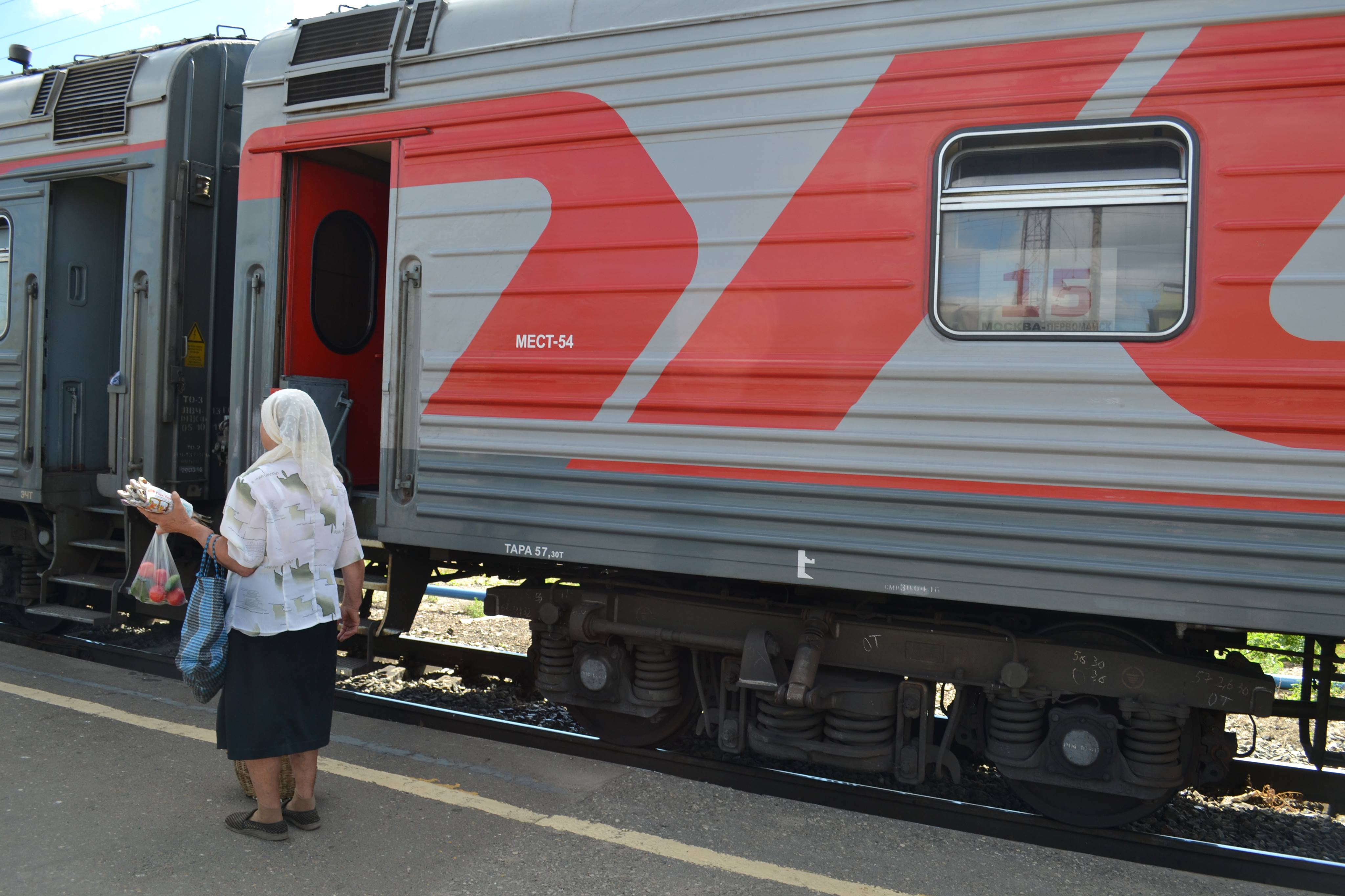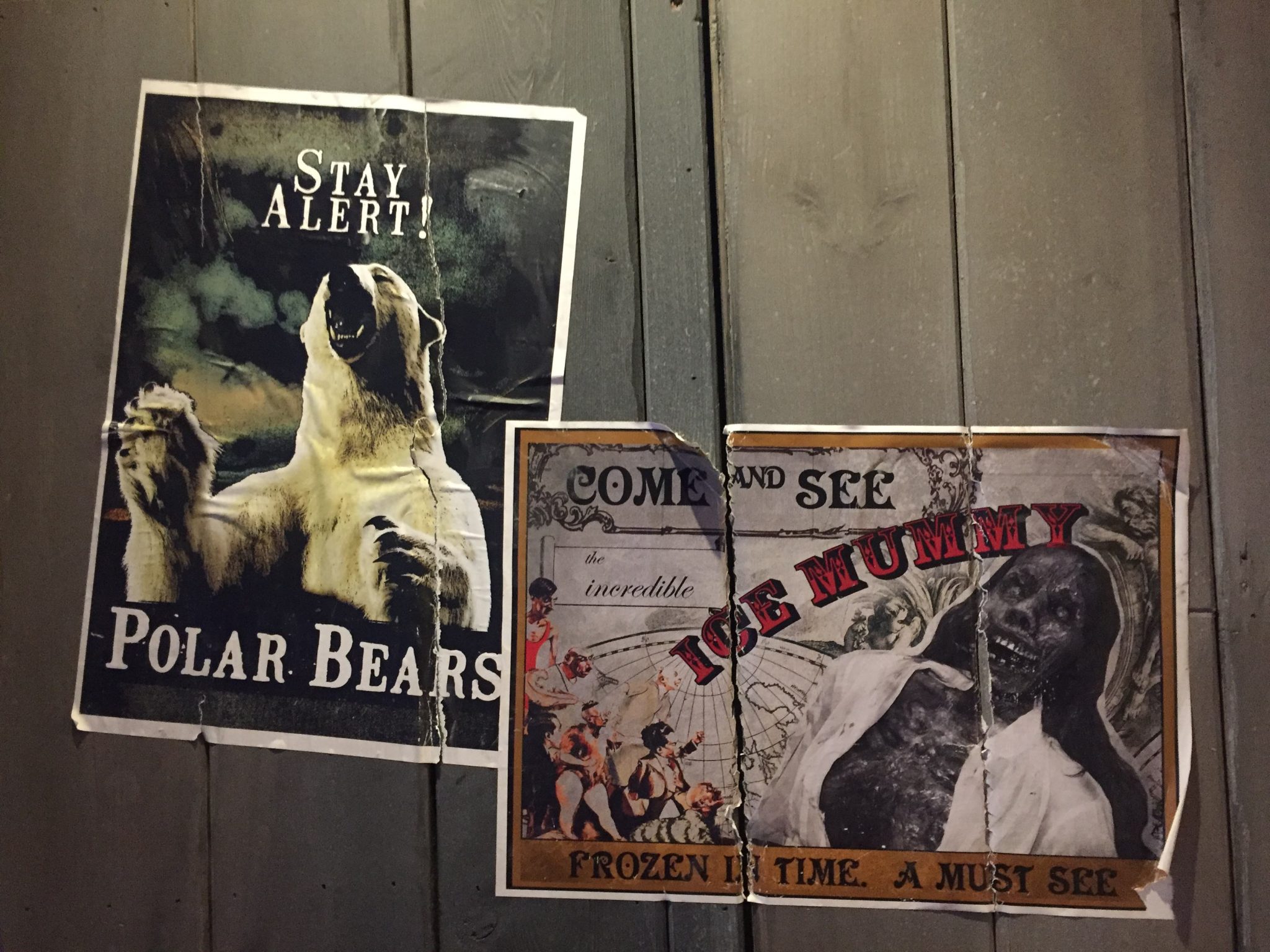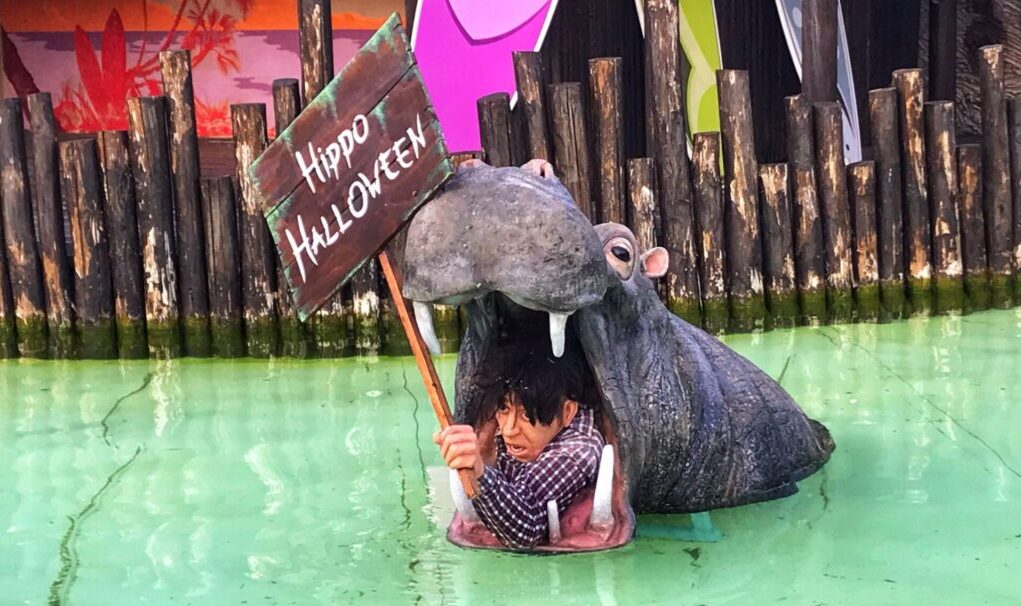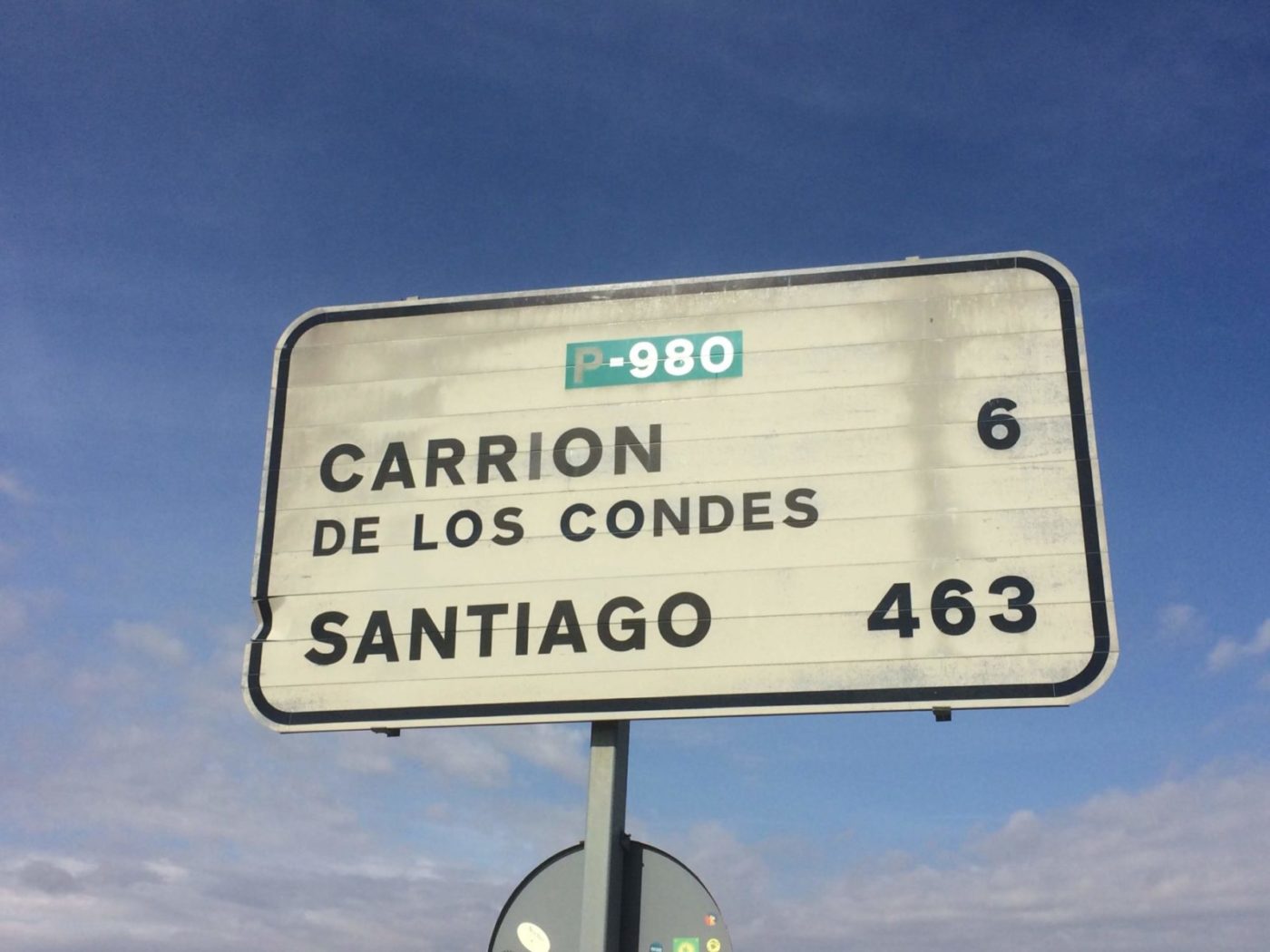
The legend of Bob
It’s a long, long way
In the movies it always looks no more difficult than taking your chiwuawua to the park. Except, when you are walking on El Camino de Santiago, you do not wake up at midday, you are not as fresh as a rose, chances are that you took the last shower two days ago, and instead of a chiwuawua you enjoy the lovely company of some sheperd dog particularly inspired to do their own job.

The typical scenario involves waking up when it is still dark outside, gulp the breakfast that (hopefully) you have prepared the day before and hit the road before everybody else, so that you have a chance of walking your 25-30 kilometers AND finding a bed in the village you decided to stop at. Sometimes the host has some unsyndacable and arcane reason to forbid all exits from the albergue before the sun is high, therefore, you need to walk 35+ kilometers, give up and go by taxi/bus, or sleep under the stars.
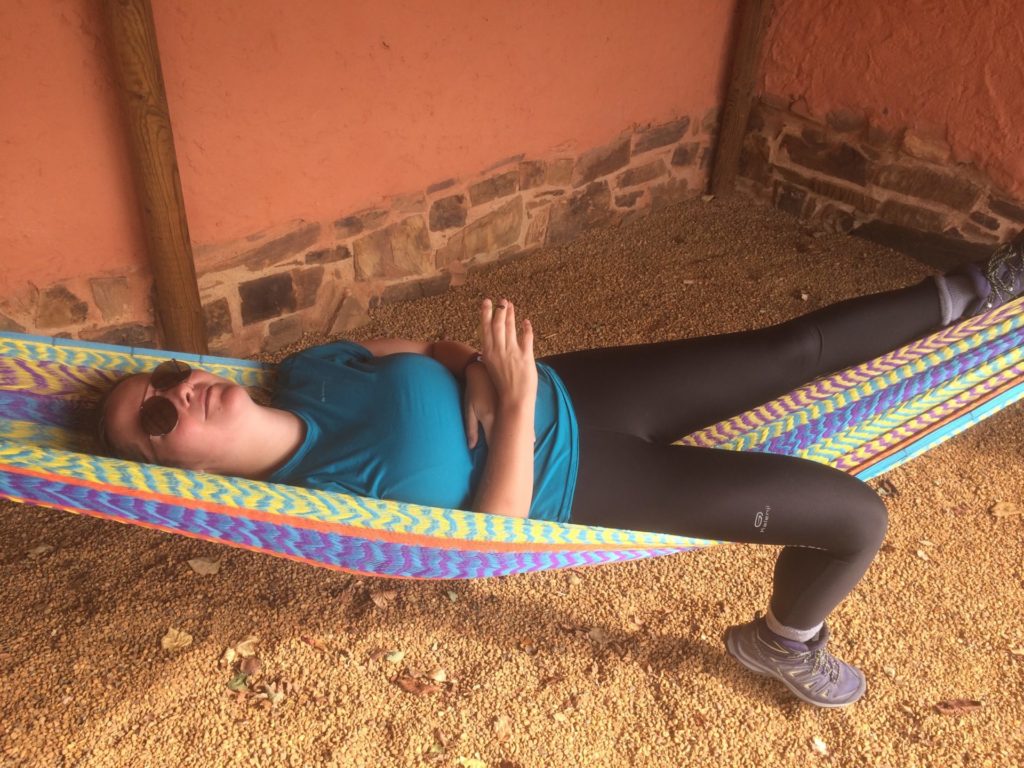
But sometimes, if you are lucky enough, some (moderately) bad thing will happen.
Because everyone walks until exhaustion, has blisters, sweats like three sumo wrestlers in a Finnish sauna and smells the same, and unless you are really into Finnish saunas you might end up without some real story to tell.
Veni, vidi, vici: I came, I sweated, I did El Camino.
Unless you meet someone like Bob.
Most of the albergues are run by private individuals, others by associations of volunteers who pledge their time and friendliness to the good care of pilgrims, for absolutely free. It is not uncommon to find “hospitaleros” from every corner of the world and with their history and long list of personal motivations, perks and quirks. This means that sometimes you need to act as translator because of the notorious Italian language barrier, or you end up in real Hippie communities, even get safety tips for Brazil and a very heart-felt blessing from the sweetest girl ever (hi Stephanie! I hope you are well!).
In the little village of Rabanal del Camino, instead, you can find a lovely albergue owned by the Confraternity of Saint James and run by a polyglot, commanding woman ( to whom we will refer as ” The Master”) with her husband, Bob.
With the distinctive flexibility, relax and friendliness of the British Royal Guards, The Master welcomed us in her humble abode, leaving to Bob the task to show to the weary pilgrims their way to the beds.
After a long series of “this way” and “keep your heads down”, it was finally time to decide which of the twenty or so beds occupy for the night. Being the first ones to get in, nothing could obviously go wrong.
“If it is not a problem, sir” I started, ” we would get these bunks, one up and one down”.
“Pfffftt, come on!” replied Bob, clearly the witty one of the couple,” you two are young. You are taking two upper beds”.
“Excuse me” intervened Bea, “I could really use the lower bed, because I have a problem with my ankle and I suffer vertigos and anyway I think that…”
“YYEEEEeeaahh, sure, whatev” interrupted Bob, making his way to new victims to guide inside.
A few angry words from a side and guttural sounds from the other later, we were already packing and organising the incoming tasks: wash the clothes and cook dinner.
Washing
The Master made very clear that clothes could be washed only outside, but they could be dried inside with the help of a spinning machine.
The cold temperature of the water was balanced by the unusually warm and sunny weather of that late September afternoon, granting some feeling of refreshment after a long, scorching day of marching. Soon we would have faced the Cruz de Hierro, and the road already started to proceed upwards, thus adding that little bit of difficulty extra that nobody wants but makes resting much more enjoyable.
With my ball of freshly washed, still dripping clothes, I eagerly trottled toward the location of this miracolous drying machine, and just like in any other fable, a hideous beast was guarding my coveted treasure.
“What do you want?” asked Bob.
“I would like to dry my clothes, Sir” I answered, trying to shove my load of clothes in the spinner and get over it as quickly as possible.
“NO, not like THAT!” the creature breathed, “give them to me, one by one!”
And so it went.
One sock.
One shirt.
One pair of underpants.
The other sock.
And so on until, with a visibly satisfied face, Bob started the machine and too many awkward, silent minutes later, I could finally rush back to my backpack.
While keeping my head down, obviously.
Dinner
Another myth related to El Camino is that you need thousands upon thousands of euro to complete the journey. That is true only if you decide to sleep exclusively on private rooms of higher quality hotels, and feed in Michelin- starred restaurants.
This pilgrimage tradition is such a strong business that several towns survive merely thanks to the costant flux of travelers, thus there are plenty of options to satisfy everyone’s tastes.
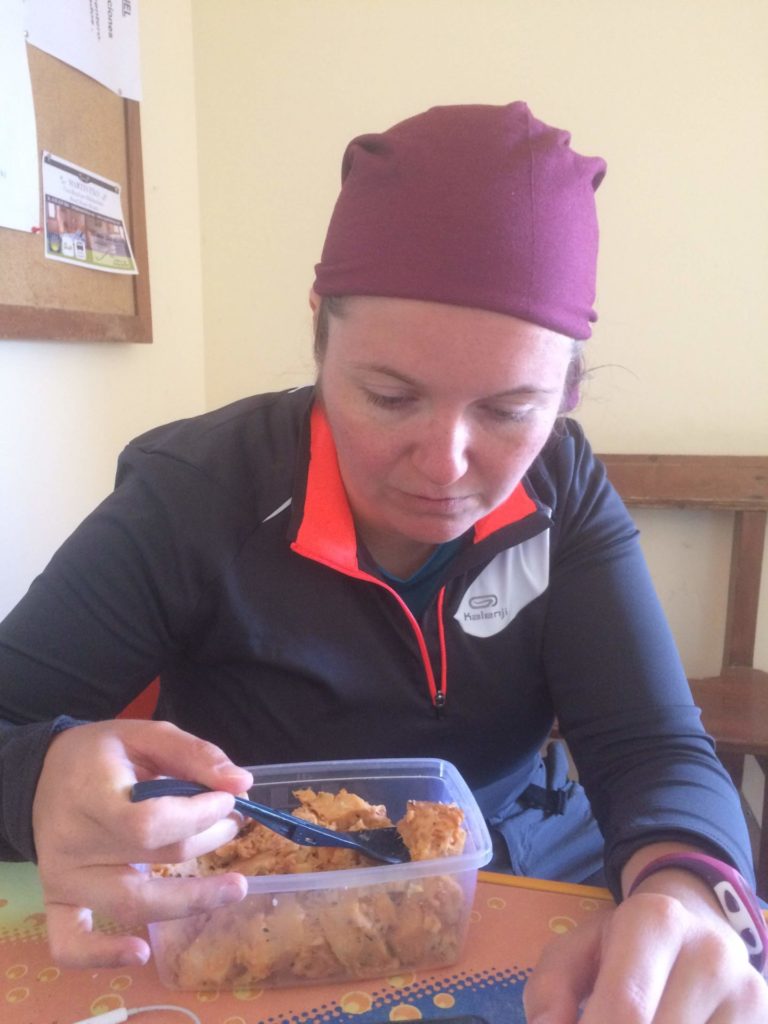
Usually though, pilgrims can use the kitchen of the hostel and prepare their own food. On a range from the industrial-size cookery of Roncesvalles to the small pot heater in Atapuerca (lovely little barn with free bedbugs for everyone, 5 stars out of 100, recommended if you hate life already), the kitchen of Rabanal was falling right in the middle: maybe a bit small but with microwave, lots of spices, a not-leaking sink, and relics from a past age called Gas Stoves.
They were a relativel uncommon sight during El Camino, because due to the constant stream of money provided by the pilgrims (and by the EU, because of “maintenance of the cultural heritage”) most of the stoves we found were electrival, or induction-based.
This technological obsolenscence might have been one of the reason due to which, when we first approached the stoves, we were welcomed by a friendly, warm
“Do you know how to use this thing?” by Bob.
Zip it, old bean! We were born and raised with these things, we can cook for the entire village using all the four cooking spots without dropping a hint of sweat!
“Uhm, let’s see… I think that if…”
“THE ANSWER IS NO!!!” shouted the old bean, “now I show you how is it done!”
Using all of the charm and eloquence typical of the Hungarian people, Beata bluntly explained Bob that his support was not needed at all, subtly suggesting that neither was his presence.
The British gentleman then calmly expressed the joy for his dismissal by throwing the box of matches he was holding to the other side of the room, and leaving the kitchen while grunting something.
Blessings, I suppose.
Without the beast on our way, cooking dinner went smoothly as always, with a welcome twist.
At a certain point we were joined by a guy from Padova (hi Gabriel!) and together, with his groceries and our enthusiastic approval (and our wine), we could prepare a communal meal for us and all of the other pilgrims.
Cooking for almost 20 people requires some time, and you know how Italians are: put two in a room and you have the Italian Ghetto in a matter of seconds.
So with the help of already opened wine and after the tipically Italian, filled with disgust questions about the food we prepared for ourselves (like in the picture above), we started to whisper. about our favourite man in the entire world.

Gabriel was, in fact, very concerned that Bob could be targeting him on purpose with his witty comments and savoir faire, for some unknown reason. Turns out that he has been behaving aggressively with everyone without an apparent motive.
Speculations started to run wild, and after ten minutes it was already circulating the legend that The Master dragged him in a God-forsaken corner of rural Spain to meet her lovers practice languages, and everyday he needs to show his appreciation for this project by practicing with the pilgrims how to execute the perfect domestic homicide, dispose of the corpse and get free of suspicion, in no particular order.
The story of Bob the Ripper, in our mind, was already a matter of fact when the tomato sauce for the pasta suddenly exploded from our pot into a red tsunami which covered most of the room, just a couple of seconds after our vigilant friend turned his back on us to rejoin his wife The Master. Cleaning up an armageddon of sauce has never been so much hasty and filled with very, very nervous laughter.
The aftermath
Somehow we survived the cooking, the communal dinner (an awesome one, may I say), the night AND the morning after, although we did not receive any “Good morning!” from Bob, only amiable gruntings.
Nobody knows what happened to The Master and Bob after that day. Some say that they are still there, tasked with forgin the spirit of the Pilgrims until the end of days, but I like to think that they trascended into something more beautiful, pure.
Because as the day passed, just like in the movies, we ended up with the same pilgrims from that faithful night, and everytime we ended up talking and remembering about Bob, driven to evil but not by his own nature and then, also with the help of cheap Sangria, we could spend memorable nights together, and even form a stable group to grind together the last hundreds of kilometers to Santiago.
Because when thinking back of El Camino, the first images that come to my mind are not about the fields, the forests, the early wake ups, the smell of cow dung or about that time where I got almost trampled over by scared horses on a slope because I wanted to show them that we are the Alpha species.
And then maybe because the pilgrimage is not about where did you come from or where did you go, the number or the price of the miles, the magnificence or the historical importance of the places and monuments you visit. Maybe it is all about the people you meet, and those genuine, maybe negative emotions you feel when you encounter someone very special, and you do not keep your head down.
